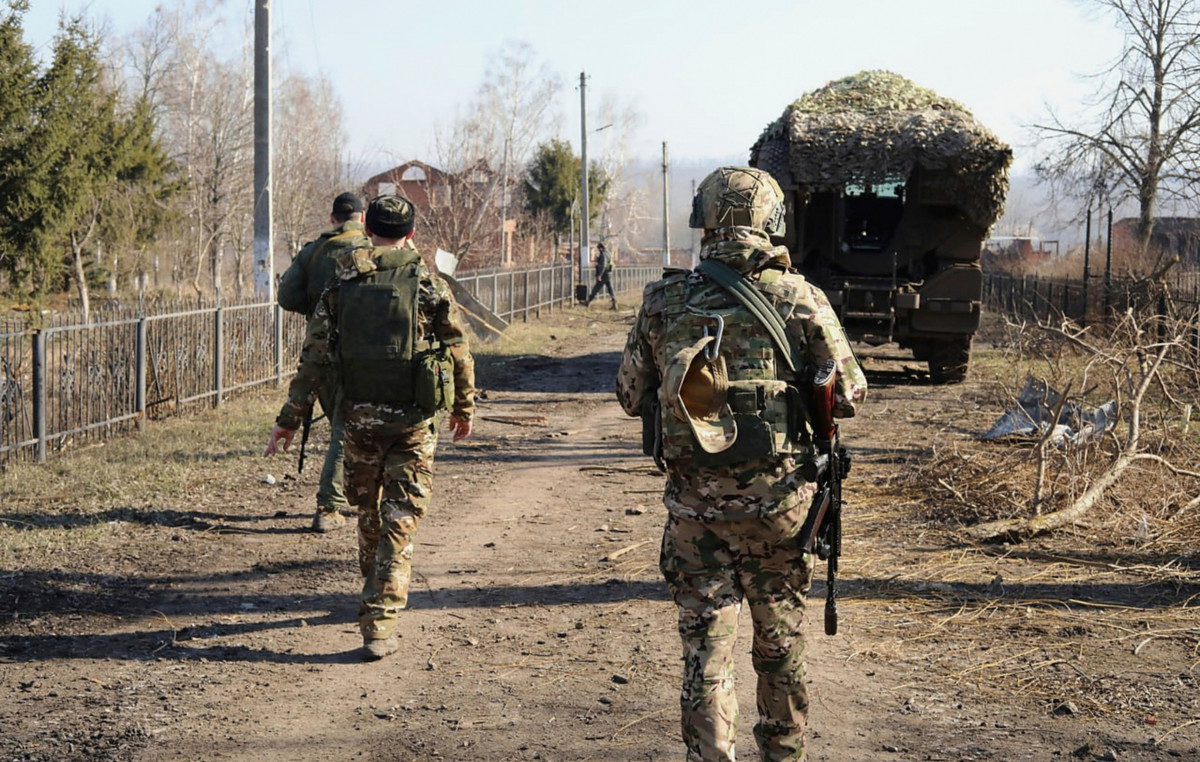The Minister of the Federal Supreme Court (STF) André Mendonça granted another 30 days for the states to regulate the new rule of the Tax on the Circulation of Goods and Services (ICMS) on fuels. The decision was published this Monday (19).
Mendonça accepted a request from the National College of Attorneys General of the States and the Federal District (Conpeg), which asked for the extra period to “enable the continuity of the ongoing negotiation and implementation in state laws and operational systems”.
Mendonça’s decision comes a few days after a meeting between representatives of states and the Union to design an agreement, through the cabinet of Minister Gilmar Mendes, rapporteur of another action that deals with the same subject. The new decision does not directly affect the ongoing negotiation.
With the minister’s decision, it will not be allowed to have 27 different ICMS rates, which represents uniformity and reduction in the value of fuel and less fluctuation in prices.
In June, Mendonça had already decided that ICMS rates must be uniform throughout the territory. The minister ordered, at the time, that Confaz edit a new rule.
In May of this year, the magistrate answered a request from the Jair Bolsonaro government, which, through the Attorney General’s Office (AGU), went to the Supreme Court to question the disrespect for the law that established a single tax rate for all states, in reais per liter, charged only at the production stage.
Approved by Congress and sanctioned by the Presidency of the Republic, Complementary Law No. 192, of 2022, of March, implemented the so-called single-phase collection and the uniformity of the rate in the taxation of fuels by ICMS.
It also provided for a transition period, until the end of the year, so that states could set a rate equivalent to the average of the last 60 months – which, in practice, would represent a drop in the current tax burden on fuel.
But, in a meeting at the end of March, the National Council for Finance Policy (Confaz) decided to establish a single rate of R$ 1.006 per liter, allowing each state to establish a discount to reach its current rate. In the government’s assessment, there was, in practice, no change in the amount charged by state governments.
Source: CNN Brasil
Joe Jameson, a technology journalist with over 2 years of experience, writes for top online news websites. Specializing in the field of technology, Joe provides insights into the latest advancements in the industry. Currently, he contributes to covering the world stock market.







